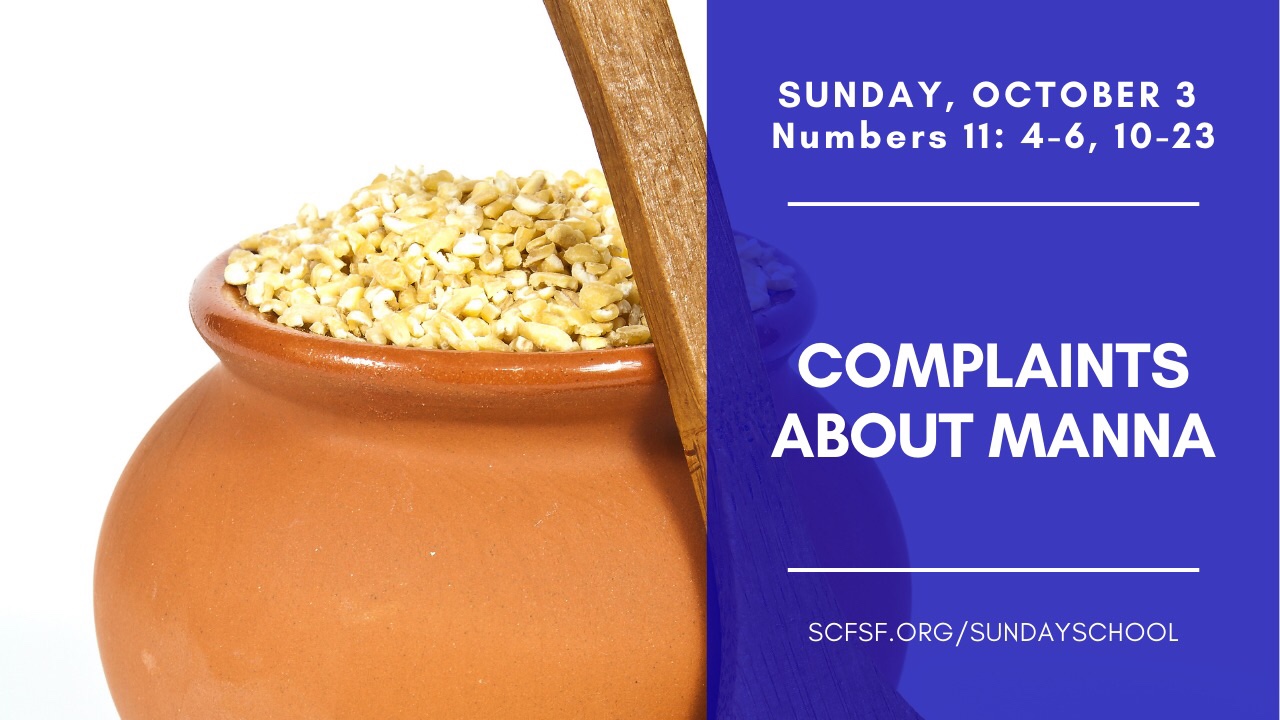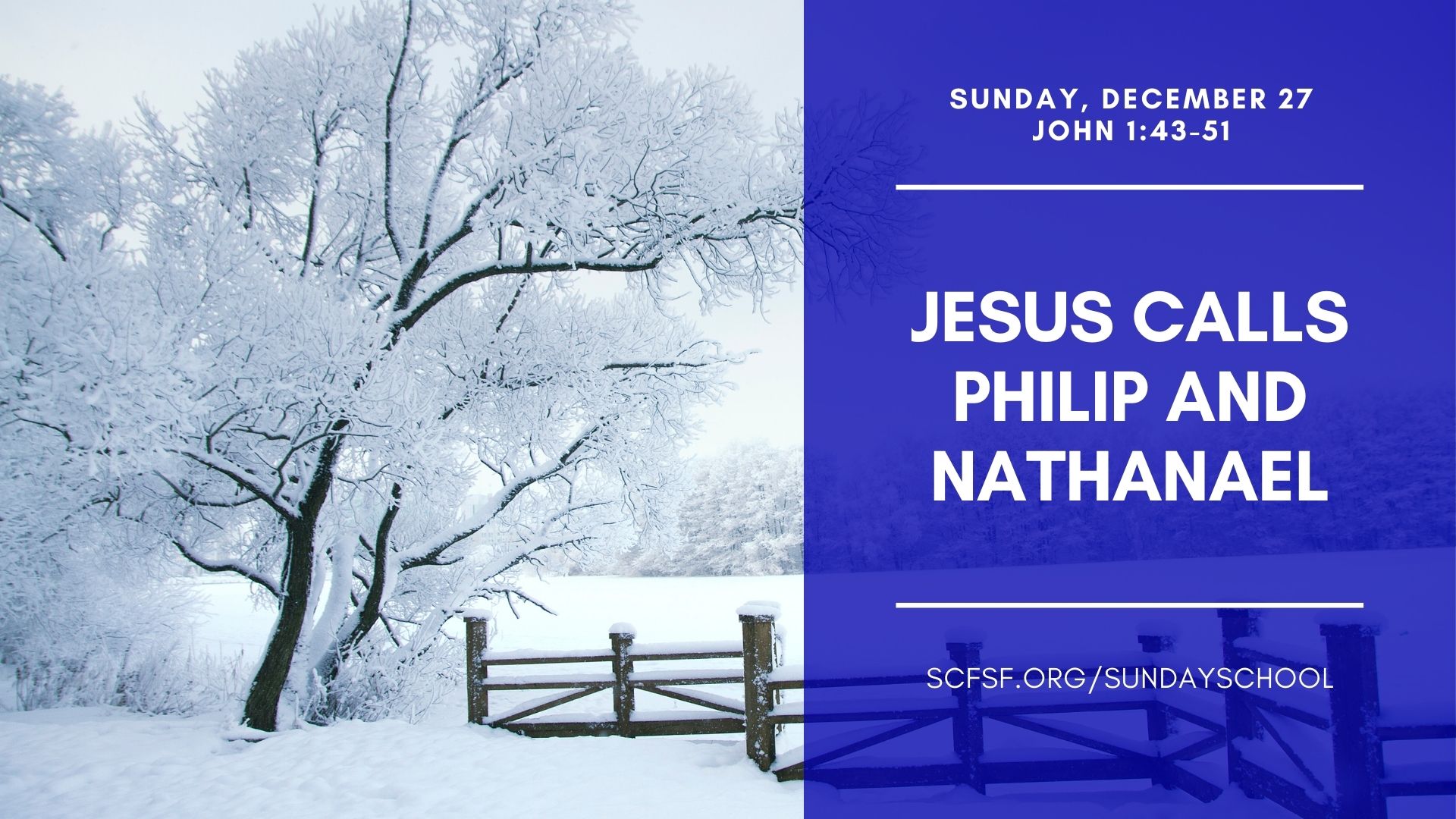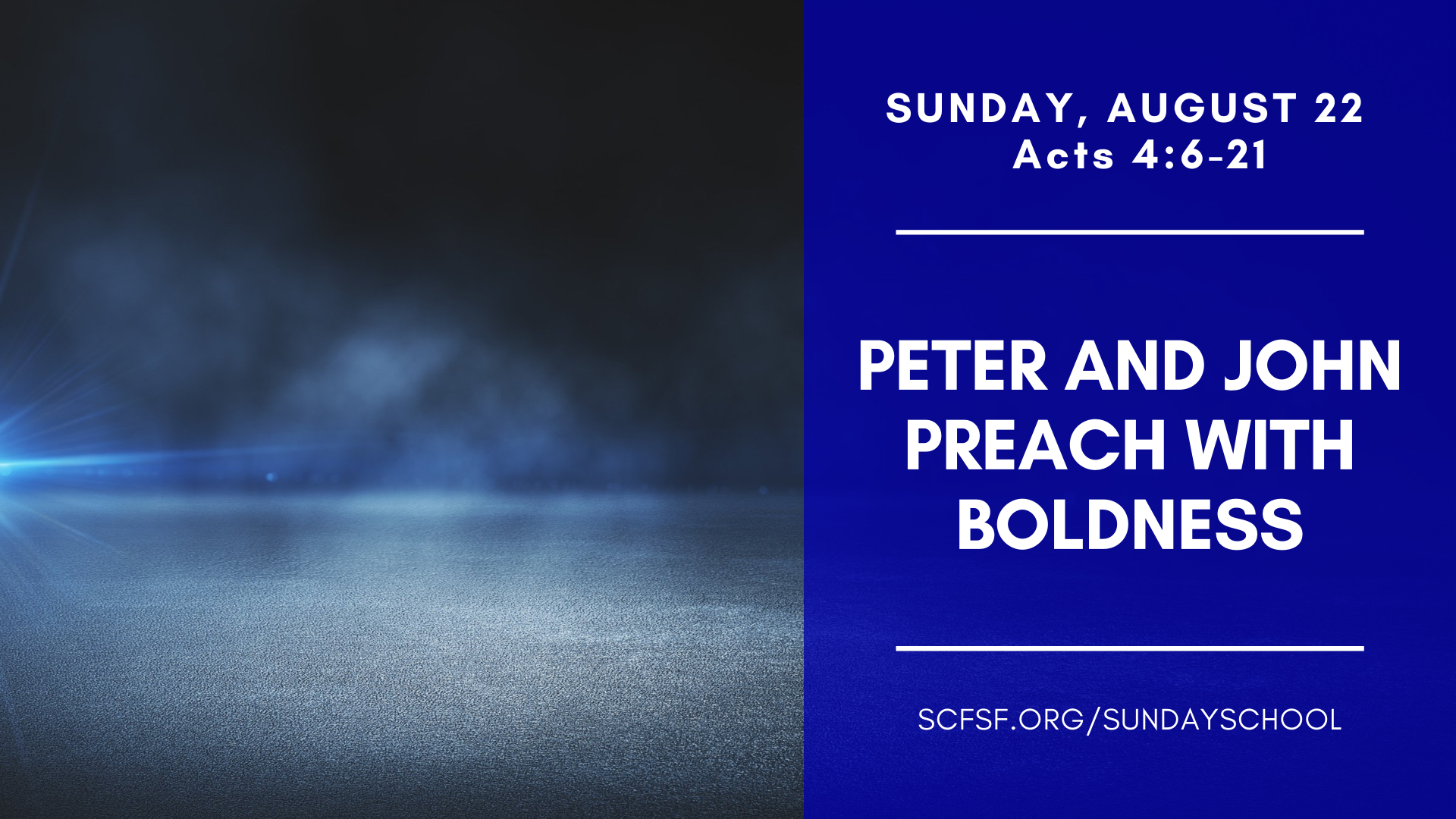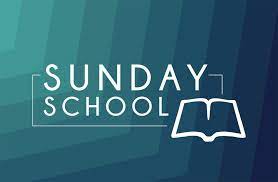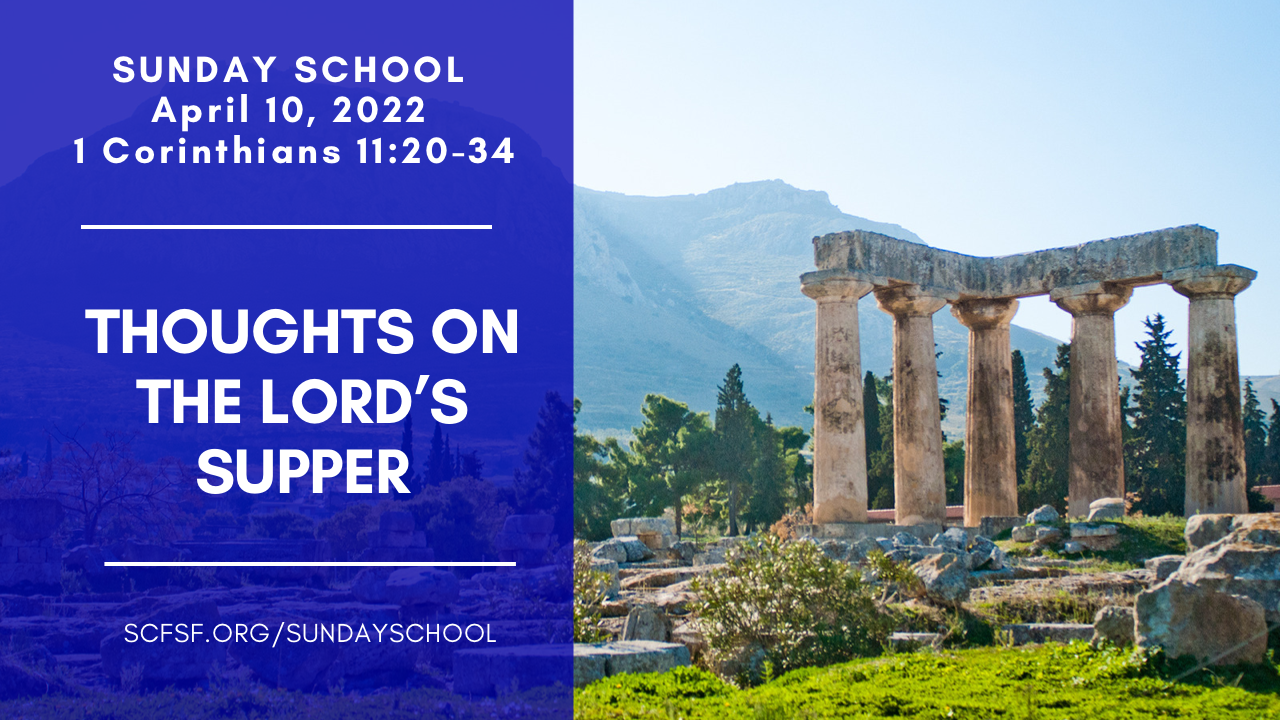
Scripture
By Janice Hall
Scripture Lesson Text : 1 Corinthians 11: 20-34
Related Scriptures: Matthew 26: 26-28; Mark 14:22-24 ; Luke 22:17-20;
1 Corinthians 10: 14-22
Our lesson today contains Paul’s rebuke of the church in Corinth, for their misuse of the Lord’s Supper. Many believers were not observing this sacred ordinance seriously and were facing God’s judgment on themselves.
In Matthew 26:26-28, Jesus was using figurative language in these verses. Jesus is saying that this bread is a symbol of His body, and the cup is a symbol of His blood. These two elements signify Jesus’ death on the cross. Mark 14: 22-24, relates that at the meal, Jesus took bread, blessed it, broke it and gave it to the disciples. This passage occurs almost 1500 years after the event that Passover commemorates and here Jesus repurposes the God- given tradition creating the Lord’s Supper.
We see in Luke 22:17-20, a passionate moment for Jesus, in so much that He was saying goodbye to His disciples. This is a blessed assurance, that Jesus’ sacrifice for our salvation is glorious and praise worthy and is not the end of the story! 1 Corinthians 10: 14-22 shows us the Corinthians had under estimated the purpose of the Lord’s Supper as a spiritual fellowship with Christ. It made them vulnerable to sin, entanglements with demons, that was a concern with idolatry in Corinth.
Synopsis
By Janice Hall
The Lord’s Supper was understood as a memorial of Christ’s sacrificial death, on the basis of a tradition handed down to the Corinthians by Paul. Paul reminded them of its real significance based on Jesus’ last Supper with His disciples. The Corinthian Christians acted with selfish motives at their common meals, which reflected how they disgraced the observance of the Lord’s Supper. Among the Corinthian Christians, some were wealthy and the poorer ones were neglected. Paul made it clear he did not condone their behavior.
The Apostle Paul had received instructions from the Lord Himself for the communion meal. Paul in remembering the events of the night before Jesus’ crucifixion, recalls that Jesus was not only executed by a foreign power, but He was betrayed by His own. Paul puts an emphasis on remembering Jesus, on what He said about the meaning of His own death for us. The bread is the symbol of His body, ( about to be broken on the cross), the cup represents His blood, and the fulfillment of the old covenant bringing forth the New Covenant.
Paul wrote that blatant ungodliness while eating the elements would cause them to be guilty of sinning against the blood and the body of Christ. Christians should search themselves before taking part in communion; confessing to God for unrepentant sin and receive forgiveness in Christ. This is meant to be a meal shared together as the body of Christ, coming together to honor the Lord. “ For as often as ye eat this bread, and drink this cup, ye do shew the Lord’s death till he come”( 1 Corinthians 11:26).
Practical Application
By Pam Jones
The Lord’s Supper is nothing to take lightly, whether eating and drinking it, or speaking of it. Our Lord and Savior, Jesus Christ, died on the cross for our sins, so that we would be free from sin, and have the opportunity to live forever with Him, should we take him up on his offer. The Last Supper is a remembrance of His unconditional love for us when He gave His life, so freely, for each one of us. For any of us to forget Him, and the meaning of His sacrifice, is a travesty!
Jesus was fully aware before his betrayal by Judas Iscariot, that His time had come to give His body up for the sake of ours. His body that He gave willingly is represented by the bread that we take during communion, for He is the Bread of Life (John 6:35). In similar fashion, His blood is signified by the cup that we drink from, in recognition of Him bleeding from the nails on His hands and feet, and the crown of thorns. Luke 22:19-20 says “And he took bread, gave thanks and broke it, and gave it to them, saying, “This is my body given for you; do this in remembrance of me. In the same way, after the supper he took the cup, saying, “This cup is the new covenant in my blood, which is poured out for you”.
So, with all of this in mind, we should make sure that we take the time, before partaking in communion, to examine our hearts and minds to repent of anything that is not becoming of a Christian. Sincerely reflecting on the reason for communion will put you into a mindset of gratitude and thanksgiving for the new life you have. The bread and cup are reserved for those who are born again, and not for the sinner. If it is taken unworthily, there is a judgment that can come upon those who do.

